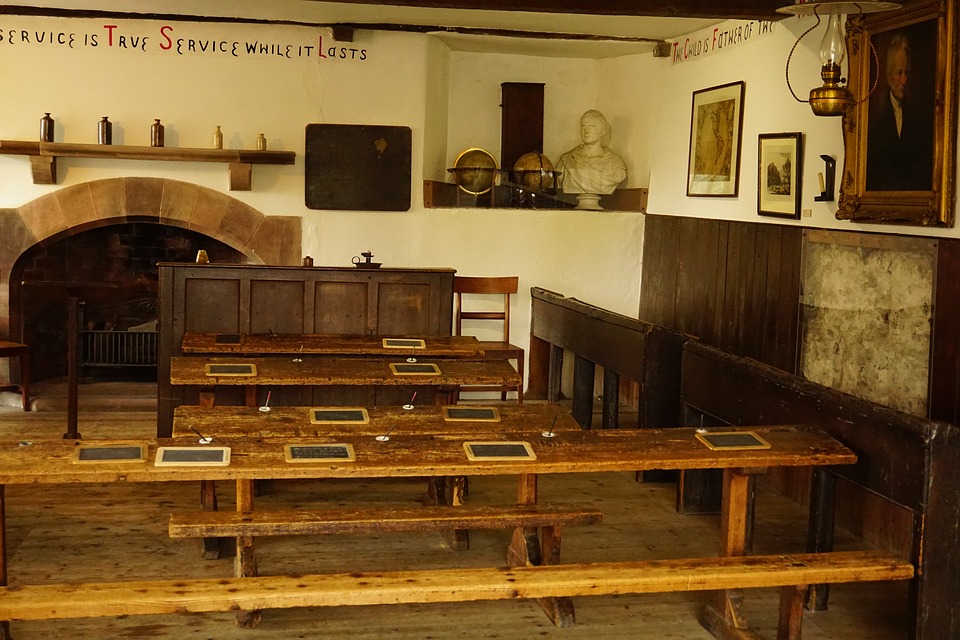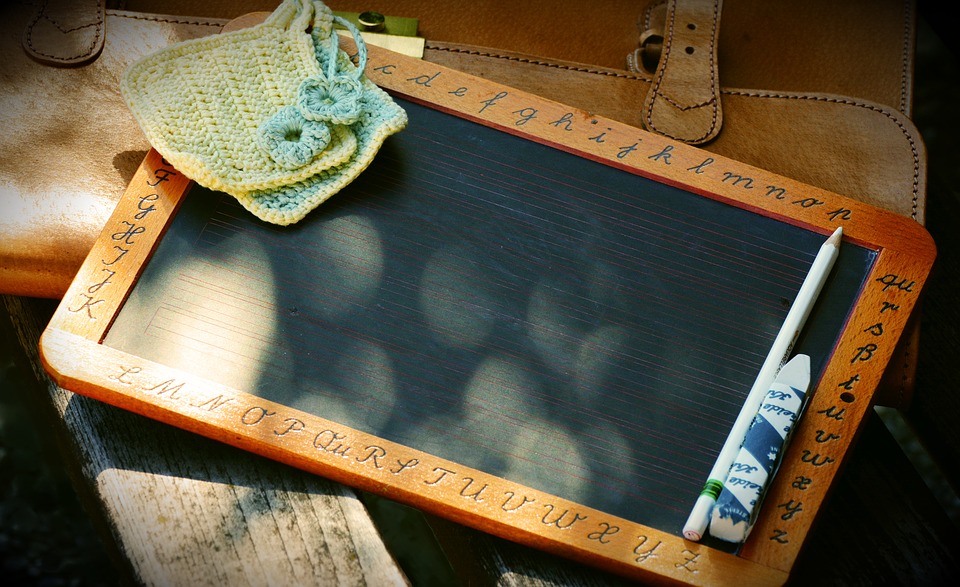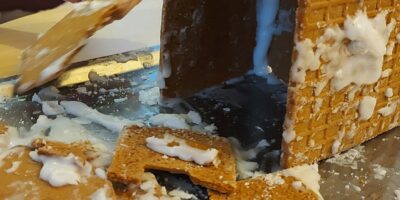Making friends, learning new skills, big achievements and some challenges too – our school days are often referred to as the best days of our lives, and school days are a topic that comes up again and again when we talk to our residents about their memories.
Our February competition was all about finding and recalling memories about this important time in your residents’ lives and we were thrilled with the range of funny, personal, and meaningful stories we received. The winners and their winning entries are below, and you can read the runners up, and some other entries, here.
Congratulations to:
Sophie Hooker, Little Court Nursing Home
Jan Wallace, Ponteland Manor
Sophie Taylor, Woodlands Care Centre
Frances Halstead, Whitebourne Care Home

Kathleen Sidey’s story (Little Court Nursing Home)
“I’m Kath and I’m 98 years old! I went to Belmont School in Chiswick and enjoyed it very much. I have many fond memories, but one that means the most is my first Christmas at school. I couldn’t have been much older than five years old. The last day of school we were called to the school hall and the headteacher read names out one by one. When your name was called you went up and collected a decoration from the Christmas tree. I eagerly awaited my turn, but my name was never called. The teacher asked: “Is that everybody?” I shyly put my hand up and said I’ve been forgotten Miss. She asked me to come up. And, so embarrassed, I walked to the front of the hall and waited for my gift. I was ecstatic to have been given the fairy from the top of the Christmas tree! Everyone gasped, as the teacher told me it was for all the good work I had done. I was proud as punch! Walking home, I hugged the fairy so tight so I didn’t drop it. All the other children wanted to see and have a hold but I wouldn’t let them! I kept that fairy for years and years until it eventually fell apart.”
Mrs Todd’s story (Ponteland Manor)
“Although I went to school during the war, I still remember school as a happy time. Don’t get me wrong, if the warplanes came over we had to grab our heavy gas masks and put them on and run to the field where the air raid shelters were – it was frightening, but over quickly, then we could return to our classrooms. We sat in rows behind old wooden desks, sometimes using a pencil or chalkboards, then as we got older those awful dirty ink wells which you had to dip the nib of a pen into which invariably had fluff on the end of it. Playtime was the best. We played hopscotch, skippy ropes and sang Double Dutch songs while we skipped through the ropes. The boys collected marbles, conkers, even lolly sticks and played pick-up sticks. The boys chased us playing kissy catch. I was a good runner!”
Elaine Ellum’s story (Woodlands Care Centre)
“There was one day at school when we had a ‘needlework’ lesson – we were making our summer uniform. Our summer uniform was a red and white checked dress, done up with lace, and underneath you wore a white blouse. Suddenly the sirens went off, and when the sirens went off you had to go to the shelters which were made of solid concrete. When we got to the shelter, I realised I had left my needle behind. I said to my friend: “I have to go back and get it”, she told me not to be so silly. I went anyway. On my way out I could hear a plane coming over – I was on the playing field at this point. I could see my teacher at the doorway waving her arms at me for me to ‘get down’. I just panicked and kept running as fast as I could. I’m surprised I didn’t get attacked because the fields were so flat they would have been able to see me. I think it was maybe because I was a child that they left me alone. The plane was that low I could see the man inside. My teacher told me off because I didn’t lie down as we’d been told to do, but I just ran as fast as I could. I got my needle though!”
George Beaumont’s story (Whitebourne Care Home)
“I attended Colston Bassett Primary School. There was always a certain amount of tension you could not avoid, but growing up during the war meant people leant on each other in a way that hasn’t been possible since. The desks were cobbled together, things were very tight. We did not have school dinners, we went home instead. When school milk came in it was literally a lifesaver. We never wasted any food. Sometimes we had specials food sent in by local people for the children. There was always someone looking out for you, people cared, we would not have got through the war otherwise. The lads were always in trouble, repeatedly. There was always a threat to your backside, such that we did not throw ink around. We wore short trousers even in the winter, so that our knees were always red-raw, but we got on with it. There was no systemised bullying, there was a sense of everyone being up against it, which generated a sense of pulling together. When the war ended, we were given the day off school and we got into a lot of mischief – that’s what kids do!”
Find some of the other entries we enjoyed, and the runners up, here.




